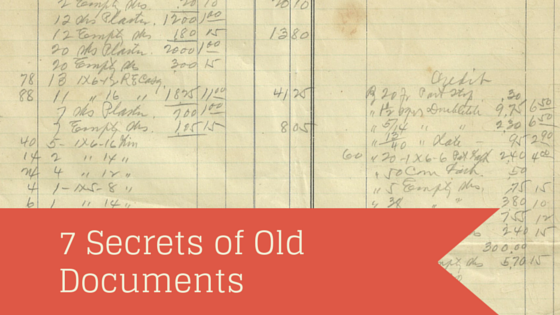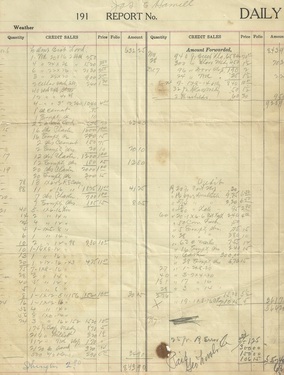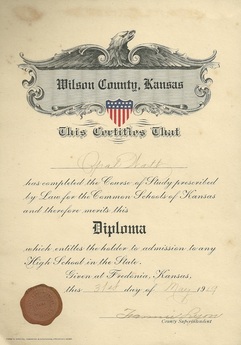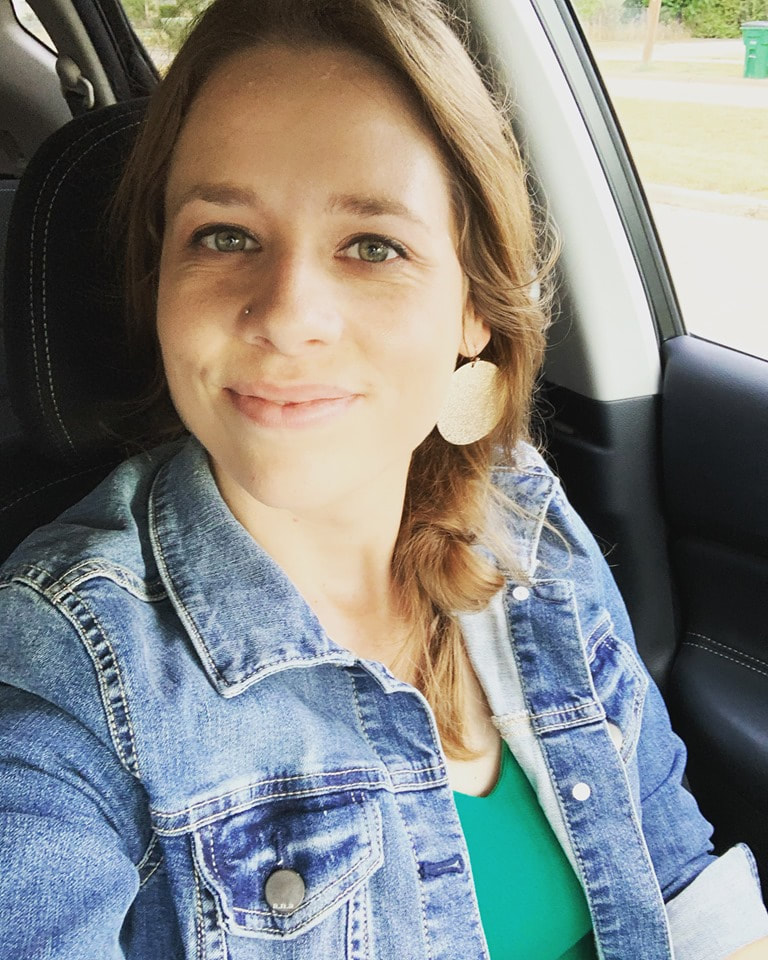| I've found 7 secrets of old documents in my research. 1. Old records represent a specific time period. Old letters, ledgers, legal documents, etc. may be dated, providing a time frame for the researcher. Is a postcard you found postmarked 1969? This is a great starting point for further research. What was your ancestor doing that year? What historical events took place in 1969? Dates can help you, the researcher, better understand the time period that the ancestor lived in. 2. Documents can display geographic information. Did you come across a receipt? Does it tell you where an item was purchased or where a building was located? You can determine where your ancestor did business and places they visited, which may indicate where they lived or what their interests were. |
3. Occupational information can be revealed.
When I think about some of the papers that I have, I see insight into my life. I see items that I purchased or job applications. Old documents can tell you if your ancestor was buying supplies for their farm. Maybe they were working on another project! Did they purchase construction material? Sometimes ledgers can provide important insight about projects that your relative was working on.
| 4. Did you know that some documents have names on them? Diplomas, church programs, and account documentation can provide insight about to who your family member really was. Did their brother pay on their account? Does that card have more than just names signed at the bottom? A fellow researcher found a series of letters to her grandmother from a cousin. The letters chronicled her struggles to conceive and maintain a successful pregnancy. They were absolutely devastating. After reading those letters, this researcher went on to see if the cousin was ever able to have children. Upon further research she found that her ancestor had one child, and was able to contact a previously unknown living relative. She then provided copies of the letters to the descendant to let them know how desperately their grandmother had wanted children, and what a joyful miracle their father's birth had been. |
5. As primary sources, many documents provide first hand accounts of events.
I found a postcard of the dustbowl once with a first hand account of an ancestor watching a dust storm roll in to town. They reported that the dust was so thick and made the sky so dark, they couldn't see their hand in front of their face. Paperwork can provide information about the social and political happenings of a specific year in history.
Have you ever found a document with financial data listed on it? Who would have thought that gas was $.20 for your ancestor, but their ledger has given you insight into what their financial day-to-day life was like. Financial reports provide information on inflation, market trends, and the value of items at a time in the past.
7. You can learn about your ancestor's educational background through their old documents.
A friend's grandfather never completed high school, but that information was unknown until they read it in a letter. We take for granted that our ancestors completed high school, but it is more likely than not that your grandparents completed school with a minimum level of education. Diplomas verify that your forefather graduated from high school or college. Have you found old report cards? You can learn what subjects were being taught in school. In the early 1900s, some schools even handed out mementos with pictures of the teacher and a list of the students in the class. Now you know who your great-grandmother had classes with!
There's a popular saying that it's not the dates on the headstone that matter, it's the dash in between. That dash seems to be what researchers struggle with the most. Although they may not be as visually interesting as photographs at first, documents can provide more insight into the daily life of your ancestors. So, sit down and take the time to read and scan those old letters and postcards. You never know what you might find!




 RSS Feed
RSS Feed
